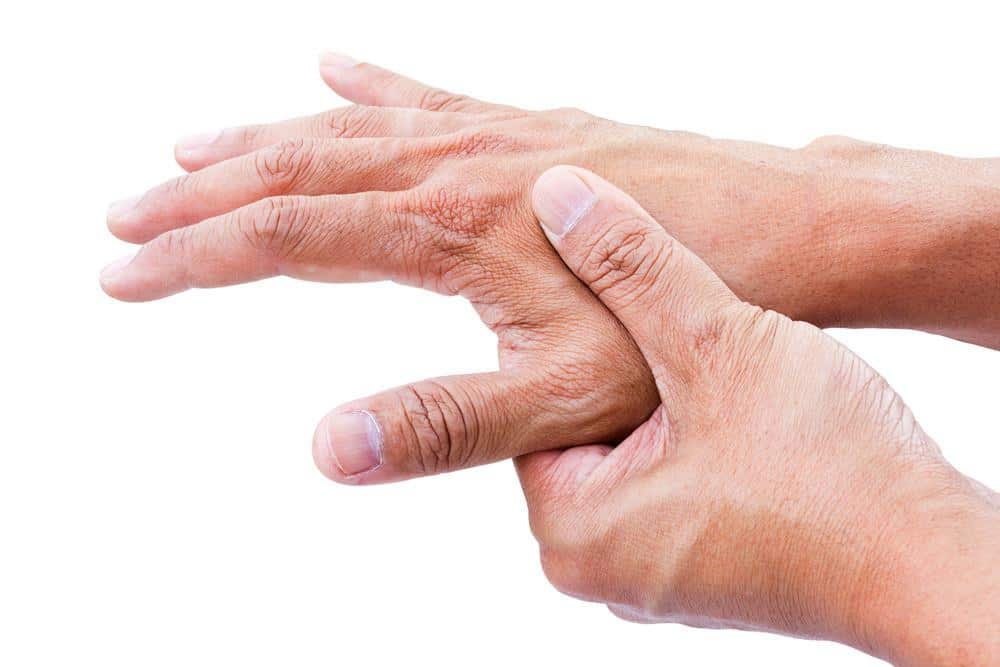I’m sure you’ve heard about “slipped” discs in someone’s back before; it’s actually pretty common and a source of pain for many people. But, if you’re like me, you probably never knew just what that meant!
Basically, when someone mentions a slipped disc, they’re referring to an intervertebral disc found in the spine that has lost its consistency and/or strength. This tends to happen when the soft material inside the disc, the nucleus pulposus, leaks or bulges out of its external covering, known as the annulus fibrosus. Many medical terms, including torn disc, ruptured disc and herniated disc, are used interchangeably with slipped disc.
It helps to think of your intervertebral discs as shock absorbers for your spine, which are there to help transfer loads easily. When you have a slipped disc, that entire segment of motion — including blood vessels, connective tissue, nearby vertebrae and nerves — can be affected. Slipped discs can occur in the neck but are most commonly found in the lower back.
What causes a slipped disc?
There are various causes behind slipped discs, but the most common are age, since the disc naturally degrades as you age, and some sort of trauma to the disc, such as lifting something heavy the wrong way, according to the Mayo Clinic (https://www.mayoclinic.org/diseases-conditions/herniated-disk/symptoms-causes/syc-20354095).
Slipped discs fall under two categories, contained and uncontained. A contained slipped disc means there is leakage from the inside of the disc but it does not extend behind the most exterior part. In an uncontained disc, the fluid is leaking outside the disc completely.
Pain from a slipped disc
Slipped discs can cause pain in the area near where they found, such as the back, or even in a more distant location like a leg. They can also cause nerve pain because of irritation from the leaking fluid and/or compression of the nerve roots. Some people don’t experience serious symptoms, while others have chronic pain.
If you are experiencing back pain from what could be a slipped disc, it’s important to see your doctor. They will be able to rule out other potential causes of your pain and help you form a plan to ease the symptoms and prevent any further spinal cord or nerve damage. Your doctor will explain many of your treatment options to you so you can get back to enjoying a more pain-free life.




